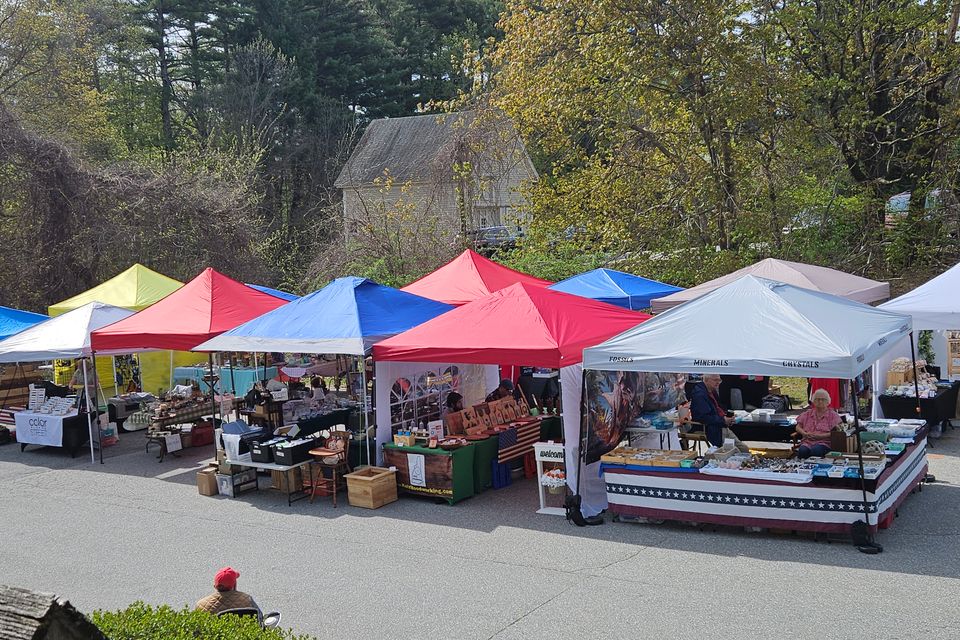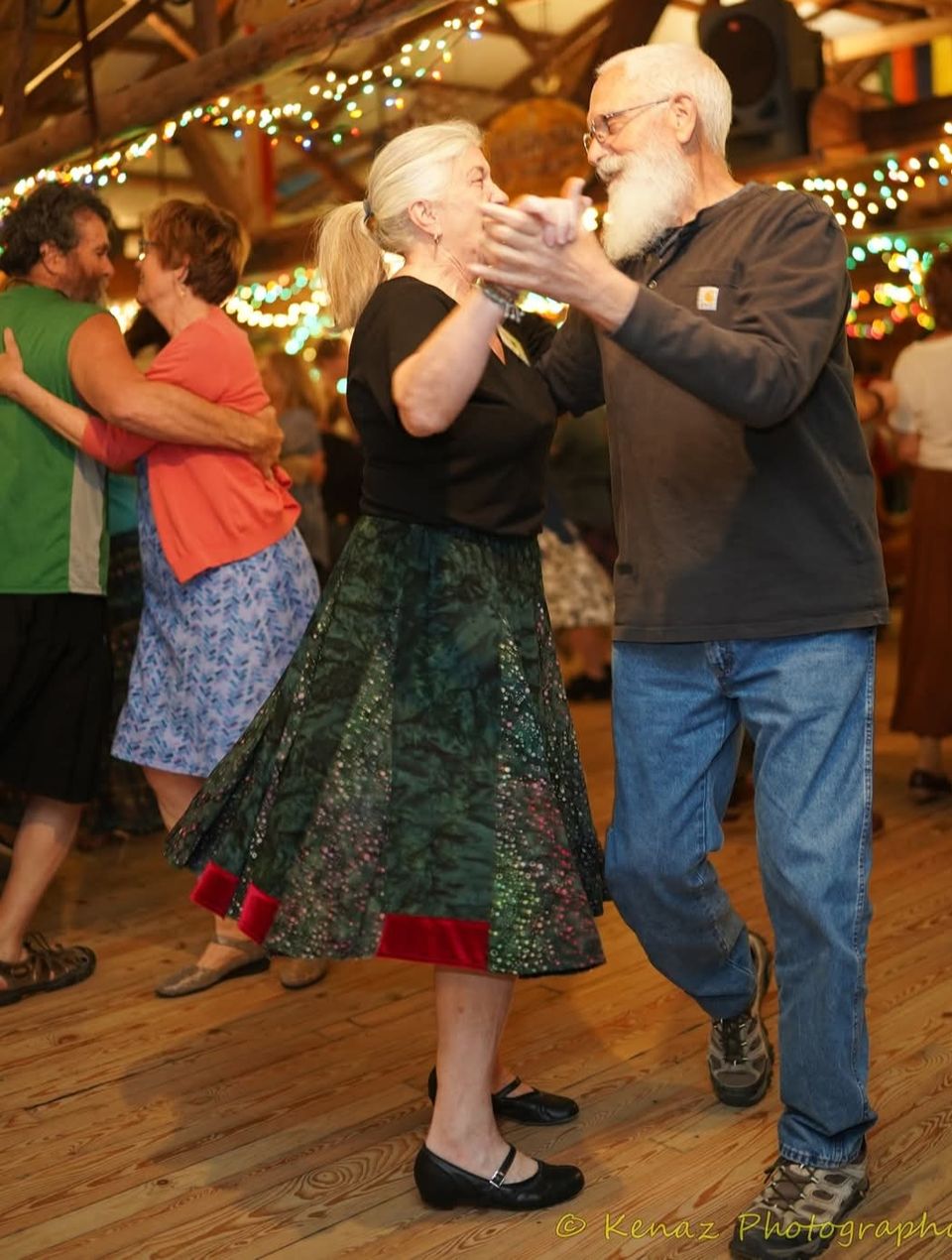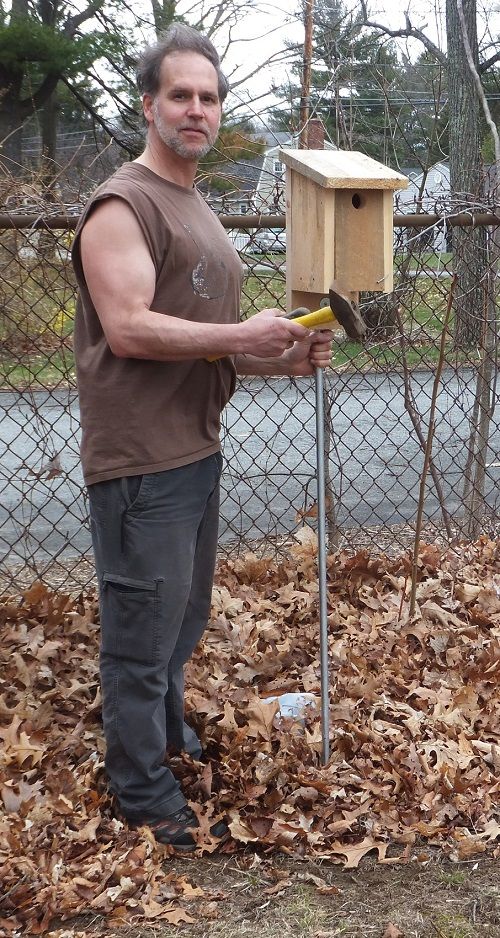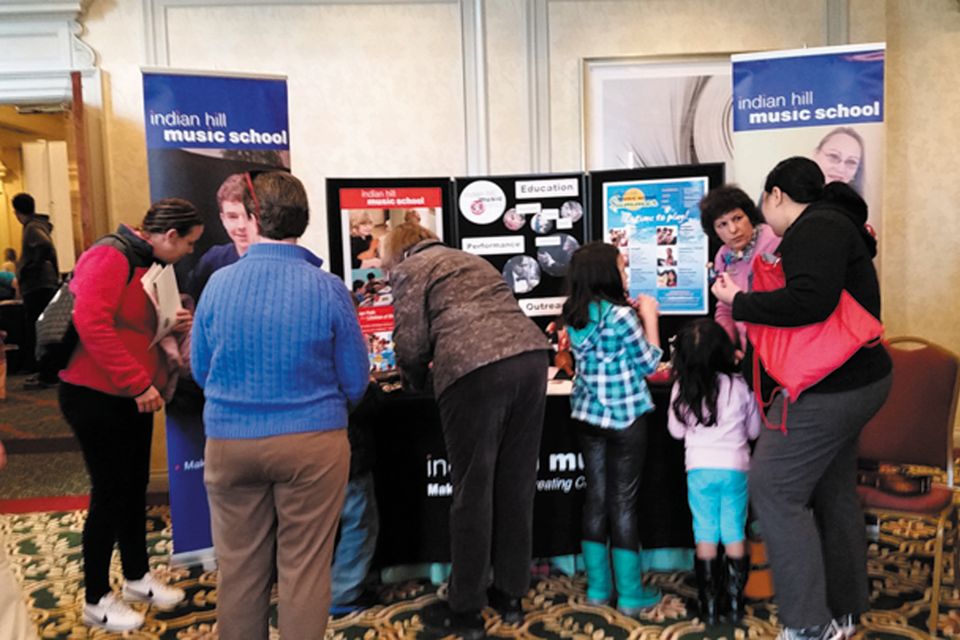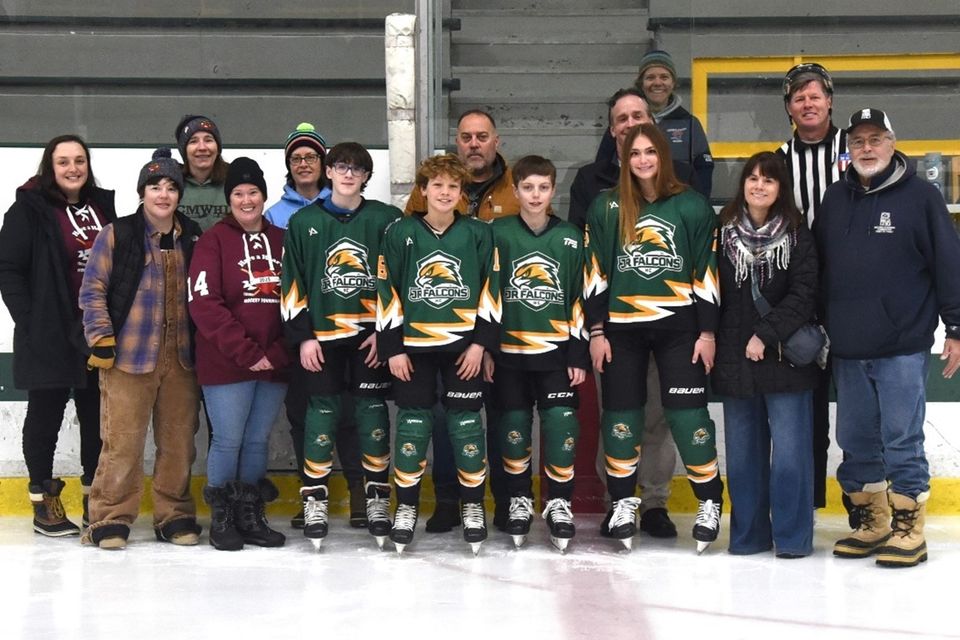Fitchburg — The Central Massachusetts Women’s Hockey League held its annual Have a Heart Hockey Tournament on the weekend of February 14th-16th at the Wallace Civic Center. For the 13th year, the funds raised from the tournament were donated to support LUK, Inc., a nonprofit human services agency dedicated to improving the safety, health, and well-being of youth, families, and adults in Central Massachusetts.
The event also included a presentation of the annual Michelle “Shelley” L’Ecuyer Memorial scholarship awards in remembrance of Shelley L’Ecuyer, a beloved longtime LUK staff member who had a passion for hockey and helping youth. The scholarships provide financial assistance to local youth hockey players, making hockey more accessible to youth in our community.
“The scholarship committee loves to read the youth essays on what hockey means to them,” said LUK President & CEO, Beth Barto. “Being part of a sports team helps young people learn important skills for positive development like problem-solving and social skills, as well as reliability and being a team player, all helping prepare them for future aspirations.”
Through CMWHL’s support, LUK was able to give scholarships to five youth in the community who wrote essays about the impact of hockey on their lives and wellbeing: Owen Longtin, Emily Budwick, Parker Guimond, Jaxen Rydwansky, and Ethan Thebeau.
“The Have A Heart hockey tournament is more than just a competition; it’s an opportunity to inspire and empower the next generation,” adds Brittany Casasanta, Director of Central Mass Women’s Hockey League. “Through the Shelley L’Ecuyer scholarship, youth are given the chance to access hockey, fostering a love for the game that will last a lifetime. This tournament also keeps Shelley’s memory alive, honoring the incredible impact she had at LUK, Inc., and the love she had for the game of hockey.”
LUK is thankful for the Central Mass Women’s Hockey League for their ongoing support in helping them improve the lives of local youth and families.
LUK, Inc. is a non-profit organization dedicated to improving the safety, health, and well-being of youth, families, and adults in Central Massachusetts. As a community-based organization, LUK’s mission is to challenge and inspire youth, adults, and families to realize their unique potential through community-based prevention, intervention, education, and support services.
For more information about LUK, Inc., visit
www.LUK.org, call (800) 579-0000, or find us on Facebook (@LetUsKnowINC). Join us in building communities, family by family!

